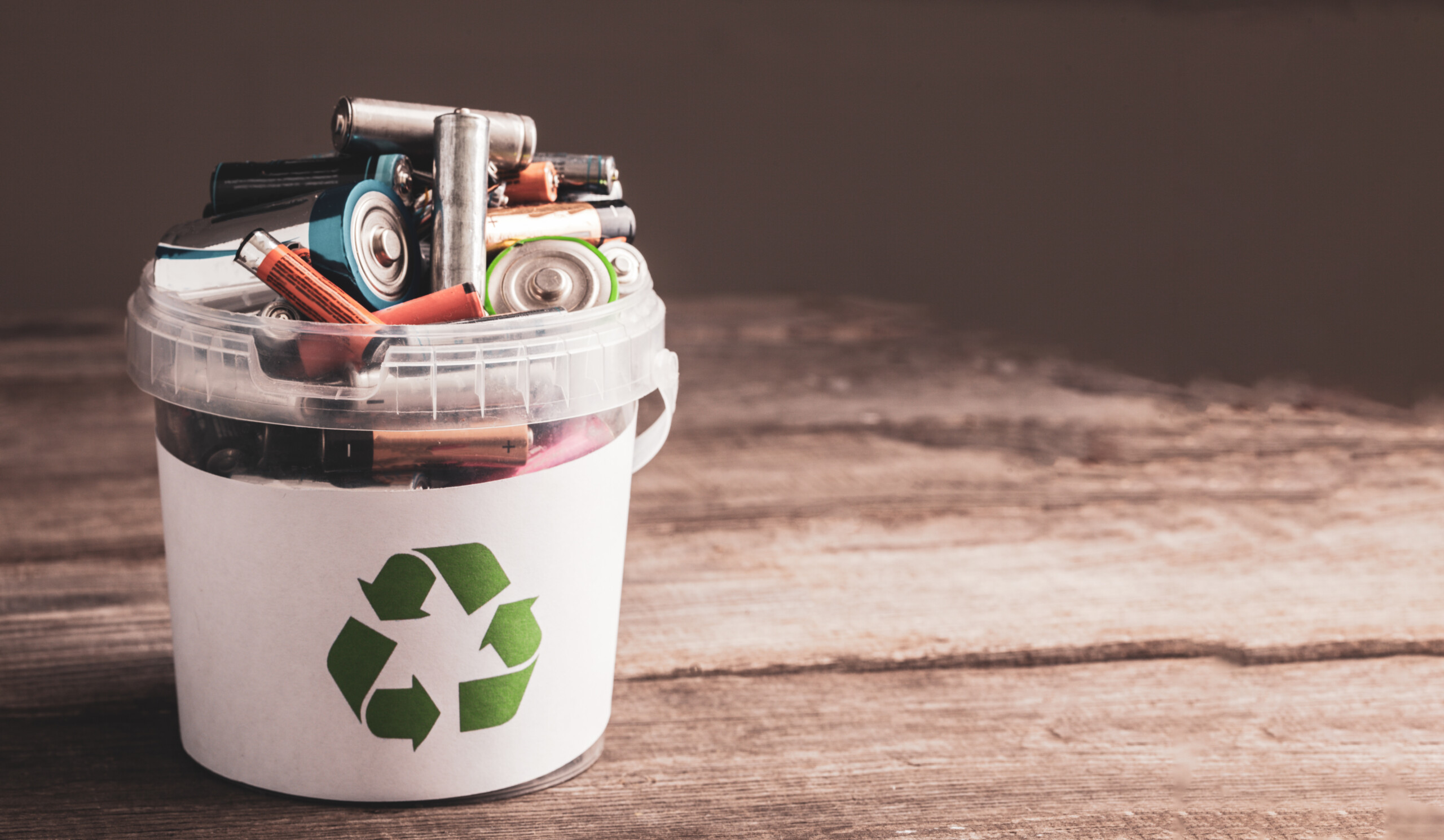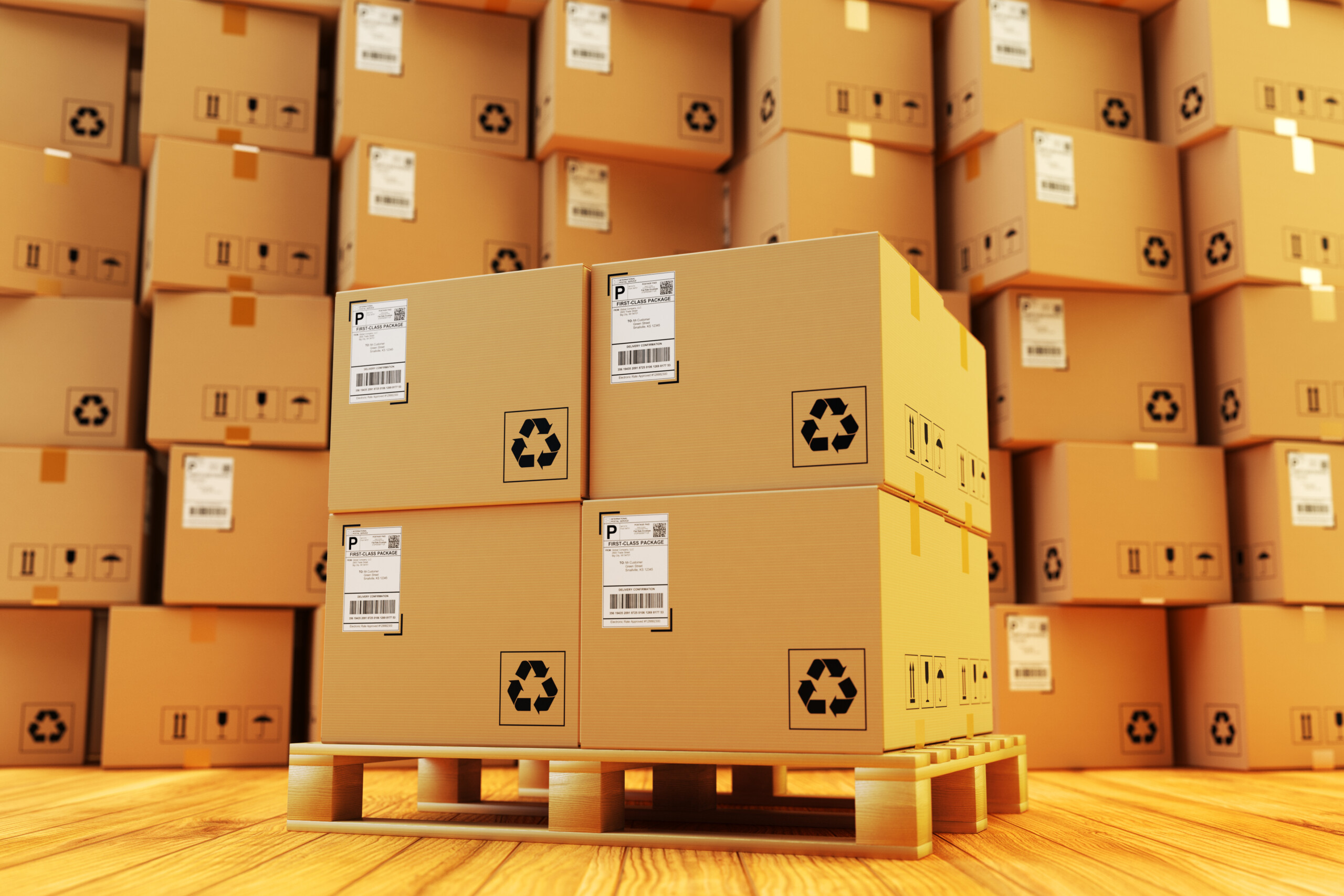New EEA Report on Plastic Waste
Mass-produced plastic was introduced around the middle of the last century as a miracle material: light, malleable, durable and resistant. Since then, plastic production has increased rapidly. About 70 years later, the annual plastic production exceeds 300 million tons.
Last EEA Report (European Environment Agency) outlines the need to increase efforts to recycle plastics in Europe and gains more and more importance, especially after the Basel Convention. The report sheds light on the scope of the challenge, and offers suggestions on how to better deal with the growing issue going forward. Despite efforts to reduce the use of plastics in the 28 EU Member States, demand grew to 52 million tonnes in 2017, up from 46 million tonnes in 2010.
New EEA Report focus on next challenges
Despite some promising initiatives, specific prevention targets to decrease plastic wastes are not yet widespread in Europe. In EEA Report 2019 "Preventing plastic waste in Europe" emerges that only 9 countries have explicit objectives for prevention of plastic waste.
The EEA report provides a state of the art of plastic waste prevention in Europe and has mapped efforts in EEA member countries (in addition to the 28 EU, Iceland, Norway, Switzerland, Turkey) to address the production of plastic waste through prevention measures. According to the report, "prevention of the most environmentally damaging types of plastic, such as disposable plastics and non-recyclable plastic products, should be given priority. While taxes on plastic shopping bags have led to remarkable results in reducing their use and waste in many countries, such measures should also be applied to other types of plastic products, such as plastic packaging waste, which represents the single largest flow of plastic waste in Europe ».
The EEA recalls that "plastic waste is a growing problem worldwide. The EU recently took action on waste prevention and introduced new measures to tackle waste and plastic pollution, for example through the European Commission's 2018 European strategy for plastics in a circular economy and the material directive. single use disposable plastics. But it is precisely the European Agency that notes that "the plastic recycling capacities have not kept pace with the growing global production of plastics. Currently, in Europe, only 30% of plastic waste is collected for recycling. Furthermore, most recycling operations take place outside Europe, where environmental practices and regulations may differ ".
What prevention measures for plastic waste?
The EEA report, which is based on a review of national and regional waste prevention programs and on the results of a survey carried out in 31 states, has identified 173 waste prevention measures implemented or expected to be implemented in the various member countries. It turns out that in almost half of EEA member countries plastic waste was declared a priority waste stream.
Of the 173 waste prevention measures identified, 105 concern the production phase of plastic products and 69 cover the consumption phase. With the exception of national actions, such as a plastic bag tax, most of the identified preventive measures consist of voluntary agreements and information activities. 37 of the 173 measures identified (20%) are market-based instruments. Of these, most relate to charging consumers for the use of plastic bags.
In total, 30 voluntary agreements on the prevention of plastic waste have been launched that have involved different groups of stakeholders and that often include specific objectives monitored by internal or external parties. Only 9 countries have explicit waste prevention objectives included in their prevention programs. The EEA notes that "clear and coherent goals, useful for driving innovation and improving waste management practices, are still lacking for most product groups and therefore activity and ambition levels differ between countries. ».
The examples of good practices identified include both regulatory initiatives such as the prohibition of some plastic products and softer measures such as agreements between stakeholders to reduce the consumption of plastic products (mainly packaging) and also training and capacity building . "Unfortunately - concludes the EEA - there are very few cases in which the initiatives adopted have been adequately evaluated, making it difficult to observe progress".
News & Events


